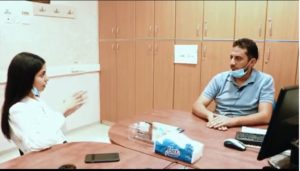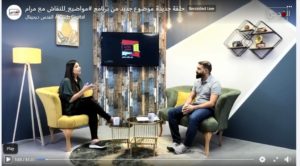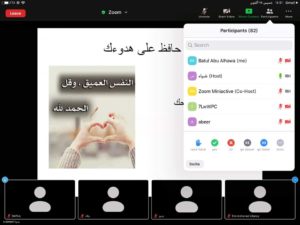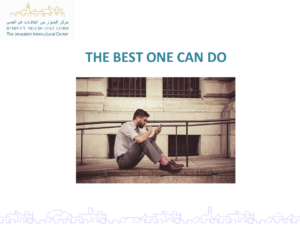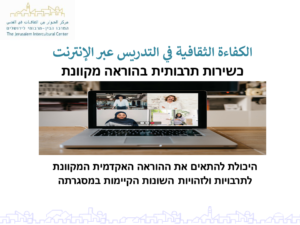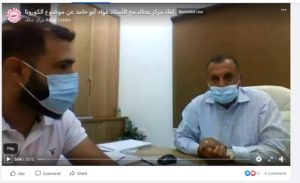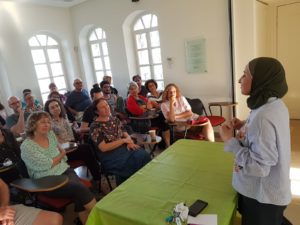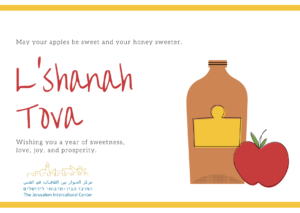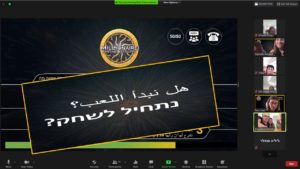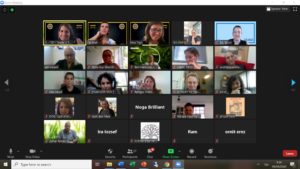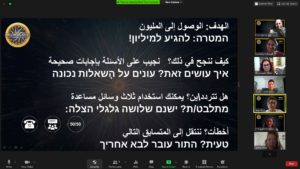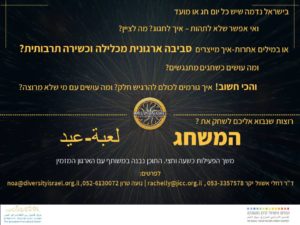Atta’a’s Muhammad Akeel in Interview at Beit Hanina Community Center
Atta’a has been working around the clock to help Palestinian residents of East Jerusalem weather the coronavirus crisis. You can read about it here.
Atta’a’s long-time rights coordinator, Muhammad Akeel, was interviewed by Beit Hanina Community Council. He spoke about the current economic situation in East Jerusalem, especially in light of the coronavirus. He also spoke about unemployment benefits, welfare payments from the National Insurance Institute, and more. Thus far the video has had over 6,000 views.
Here’s the interview in Arabic:
Many thanks to the Jerusalem Foundation, the Rayne Foundation, the Bader Philanthropies, and the Jerusalem Model for its support of Atta’a

